“People Watching” Season Two Interview
New and improved
Few know the pain and excruciating loneliness of our modern condition like Winston Rowntree, and even fewer can depict it with half his accuracy and sincerity. Rowntree began over ten years ago in 2007 with his comic Subnormality, which satirizes modern life and human nature. He then spun the series off into Abnormality, a list-focused version that appeared on Cracked.com. It was there that he premiered his now award-winning web series People Watching. Now, he’s back with season two of the show, with some help from the Canadian government and Indiegogo. In our conversation this week, we discussed his journey to get season two funded, and just what ideas he was thinking through this time around. (This interview has been lightly edited and condensed for clarity)
Zach Ezer: Tell me the story of getting from season one to season two.
Winston Rowntree: In Canada, we have a lot of really great funding tools for doing web content. There’s public money and a private fund called the Independent Production Fund which is literally money to make web series. We also won [Best Fiction Web Series from the 2018 Canadian Screen Awards], the best award you can win in Canada, so it made a strong application package for funding for season two.
In Canada, you’re hosted by the Canadian Broadcasting Corporation. What has your relationship with CBC been like?
They threw in a bit of money because we’re the first animated web series they’ve ever done, so they’re kind of testing the waters. They’ve been great to work with. We’ve maybe been the ones bad to work with because we’ve been behind schedule. So they are great, and I hope what we’re doing [does well], so we can prove that it was a good thing the team and I [have done].
So, who do you have working with you on your core team?
My partner on the show is named Geoff Laparie. He’s been creating web series since before Youtube even existed, so he’s been doing it for a long time… He handles all the production stuff I am incapable of doing, allowing me to be a flighty, creative person. Post-production as well, editing. We have a lot of animation people as well, our animation director A.J. Cote, a lot of people animating in various places working for him. All great to work with. We have a very decentralized team. We were able to hire a lot of new artists for season two, so I didn’t have to do 100% of the art. A lot of our budget goes to animation. A lot of us do more than our fair share of work, and we wear a lot of hats, because at our budget level, we can’t afford to hire dozens of people.
On a similar note, internationally, the show is broadcast through Cracked’s Youtube channel. I got into your work through your Abnormality series with them. How does it feel to be back, especially after the changes the company’s gone through?
Because of Abnormality, we have an interesting relationship. We were such a little show when we started getting going. I began with Cracked years ago when they were bringing on people to be regular contributors. Their policy was to hire people who wouldn’t need a lot of editing because they naturally got the voice of the website. They contributed some money to season one as well. Unfortunately, the company fired the video division and a lot of longtime, regular people last year, for various reasons. Money, but also Facebook being a very negative influence a lot of people working for comedy sites. Sad to see what’s happened, but it was a lot of fun to work on season one with a lot of the people we worked with.
I see. Moving on to the current season, was there a desire to break new ground or a unifying theme about this batch of topics?
I mean, I’ve been writing this kind of thing for a long time. I feel like I’m moving along with my natural evolution. I’ve got the voice pretty down. I think the big thing is taking the characters we have and exploring them, using things I personally find interesting to say something about. My personal philosophy is to be better than last time, always move upward, or try to. The artwork also looks a lot better in season two. The writing you can’t say is objectively better, but I like it better, I think it’s better, definitely.
So, since you are delving deeper into the characters, how do you feel about their development in this season?
I feel good about it. A lot of writers say after a while, the characters write themselves. I’m asking myself what a character would do in a given situation. Season two has been a lot more of that with some of the characters. It’s probably because a lot of them are more fleshed out. They get a lot easier to write when you know what they would say. A couple of episodes, I was thinking, “this is great,” even compared to usual. I know the characters and they drive the action. They do this, but they won’t do this. It’s gotten a lot easier to get from Point A to Point B, so in that way, in terms of the overall evolution, the more fleshed out the characters are, the better it is. The plot doesn’t get any easier, but you can’t just go in any direction with your characters if they wouldn’t do that. It’s become easier because it’s limited to what your characters would do. Your job exists within those parameters. Not easier, maybe, but more focused. Better to write for the characters. More fun too.
That makes a lot of sense. Now that you know these characters better, are you connected to any character more than the others?
In all writing, the characters are half me, and you build to create the other half. When you write from a place of truth, you always have to come from within. So, they’re always going to be part you. With this set of characters, I don’t think anyone is more me than any of the others. They’re well balanced.
Okay, shifting gears a little, you’re known for your wordiness, you even advertise it on your website. Is that verbosity different in animation than on the page?
Yeah, because it’s so dialogue focused, the challenge is to both work around it, yet at the same time, base the dialogue on that. The camera moves through time for us, rather than through space. People are talking to each other for ten minutes, and how do we make you feel that a little less. We make the background art as detailed and interesting as possible. It’s an editing style, where instead of camera angles of the same room, suddenly its two hours later or the next day, that kind of thing. It’s really a matter of basing a visual style around a writing style. It’s not an obstacle, it’s an opportunity to work within the parameters of a creative challenge. How do you make the dialogue look interesting, That’s the challenge, and I hope we’ve done a good job of it.
Definitely, and that really unlocks something in the show for me that I felt, but never explicitly picked up on.
[Laughs]
You actually took me right to my next question by mentioning moving through time. Between the first season finale and second season premiere, there’s a common theme of how our age will be looked at by future generations. What does that mean to you?
Yeah, time travel… I didn’t set out to use it as a narrative device. I came to it pretty naturally, but now I’ve used it a few times. I really like it… I revisit the theme later in the season, but it would spoil a few things to say so.
I understand.
It provides an opportunity I think: to look at the present the way we look at the past. That’s an interesting perspective. I just did a really long comic about that. The future will see us as primitive. What does that mean? Does that mean we can’t be interesting? By extension, the people in the past are just as interesting as we are today… time and space always comment on society. Time travel inherently involves those, so I increasingly use it as a narrative device. I like it and will continue to use it for all of those reasons.
Speaking of devices, one of my favorite episodes of last season was the non-religious confessional booth. Any new thought experiments?
There’s definitely one. [Laughs]. I think its episode seven. It’s a museum that shows alternate realities. One of the characters goes there and you see some of their alternate realities. I suppose it’s kind of like time travel, multidimensionality. Other realities mean other perspectives.
Great. Another thing I’ve noticed is twist endings. Two come to mind, the depression episode from last season, and a particular one early this season. Do you have a favorite twist ending you’ve written?
There’s a bunch. I think I might have even used them too much this season. I’m very ending-focused when I write. As for favorites, probably, episode four… we had to pay $1500 for a specific song. That’s probably my favorite and most expensive ending.
We’ll be sure to look out for it.
Editor’s Note: The aforementioned episode hadn’t come out at time of the interview, but is out now, here. Go watch it! People Watching premieres new episodes every other day on Cracked’s Youtube channel.

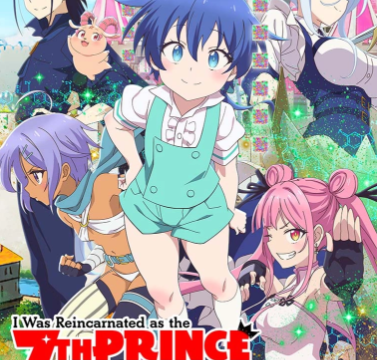
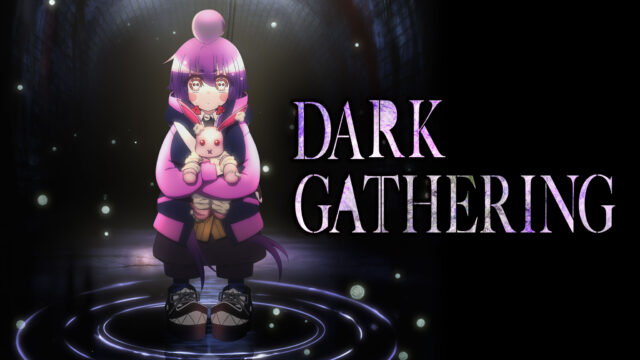
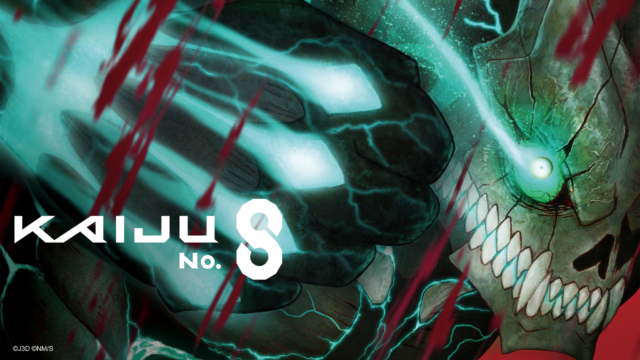
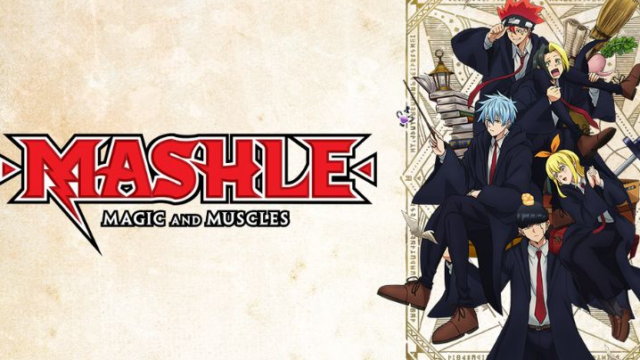
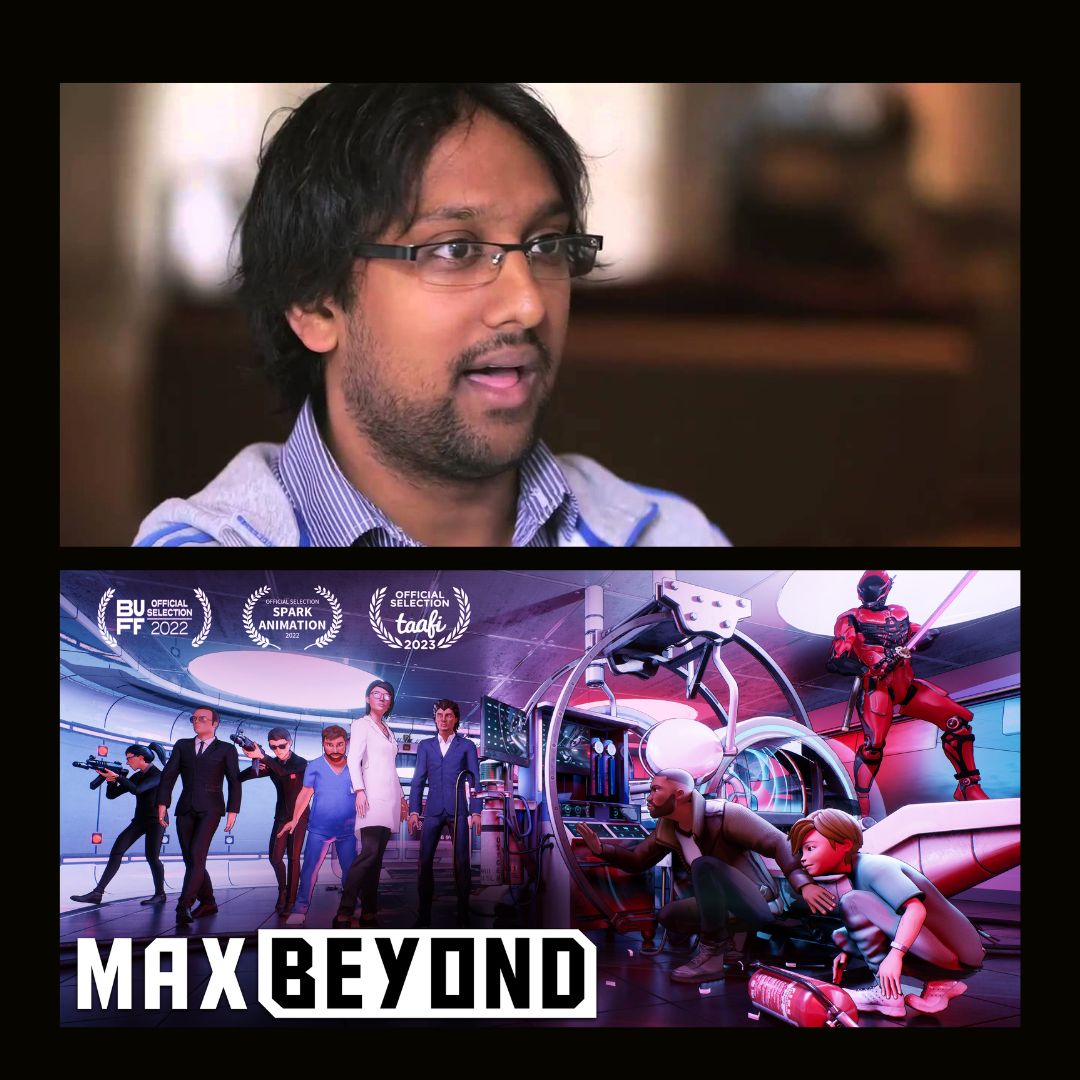

















Hi Ashley, thank you so much for reading and we love the feedback. Note that on that day we had 14th posts go up and only ten posts show on the front page, so it's possible the preview had already been archived by the time you got to it. One recommendation would be to add our RSS feed to your favorite news aggregator service like Feedly, this way you get all of the latest posts!